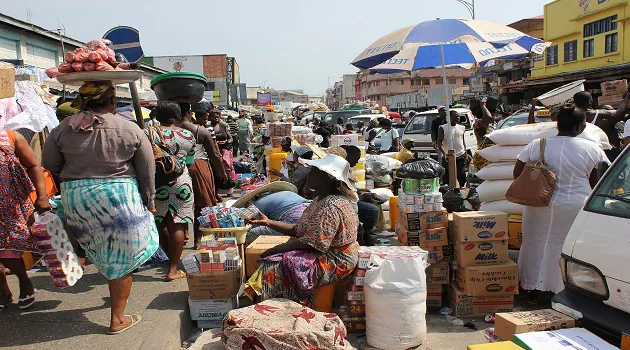Ghana’s small businesses are the backbone of the economy, employing millions and driving innovation.
However, the recent surge in inflation has left many of these entrepreneurs struggling to stay afloat. Ghana’s inflation rate has risen steadily over the past year, reaching a high of 27.6 per cent in May 2024. This surge in prices has left small businesses reeling, as they grapple with increased costs of raw materials, labour and operations.
Akua, a small-scale baker in Accra, employs five people and supplies bread to local restaurants. Akua’s business has been severely impacted by inflation, with the cost of flour and sugar increasing by over 50 per cent in the past year.
Despite her best efforts, Akua has been forced to increase prices, potentially pricing out loyal customers. Increased costs of raw materials and labour, reduced profit margins, difficulties in accessing credit and loans, uncertainty and unpredictability are some challenges.
Business closures and job losses, reduced economic growth and development, decreased consumer spending and demand and increased poverty and inequality are some of the results.
The is a need for implementing policies to reduce inflation, such as monetary policy tightening, providing support for small businesses and encouraging entrepreneurship and innovation.
Inflation’s impact on small businesses in Ghana is real and far-reaching. Policymakers, financial institutions and other stakeholders must work together to mitigate the effects of inflation and support entrepreneurs.
By doing so, we can ensure the continued growth and development of Ghana’s economy.
Emmanuel Otoo,
University of Media, Art and Communication (UNIMAC -IJ).
E-mail: emmanuelotoo784@gmail.com
















